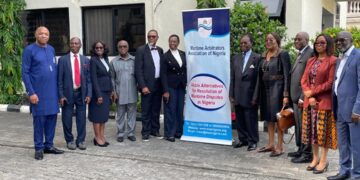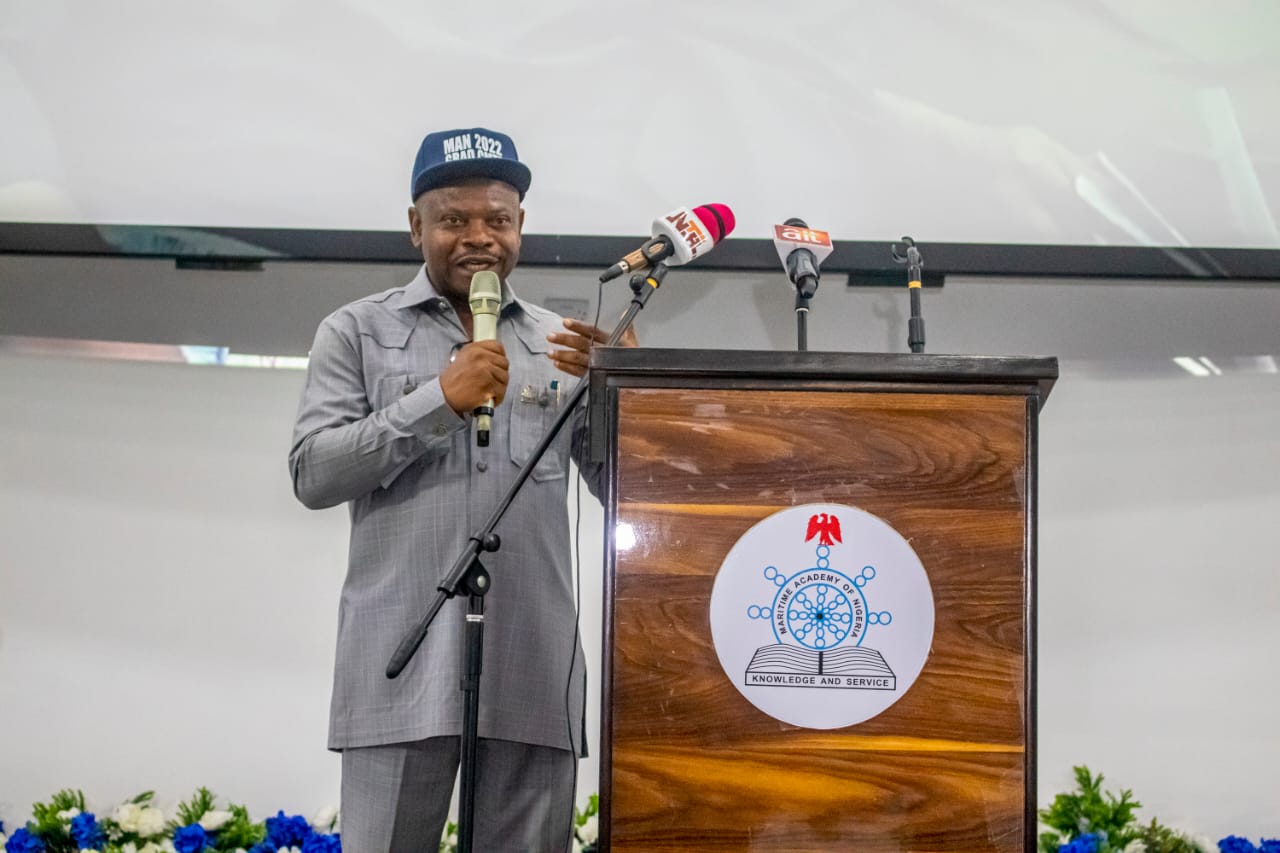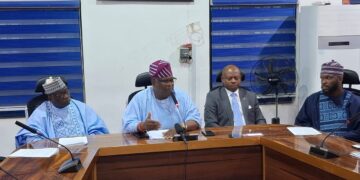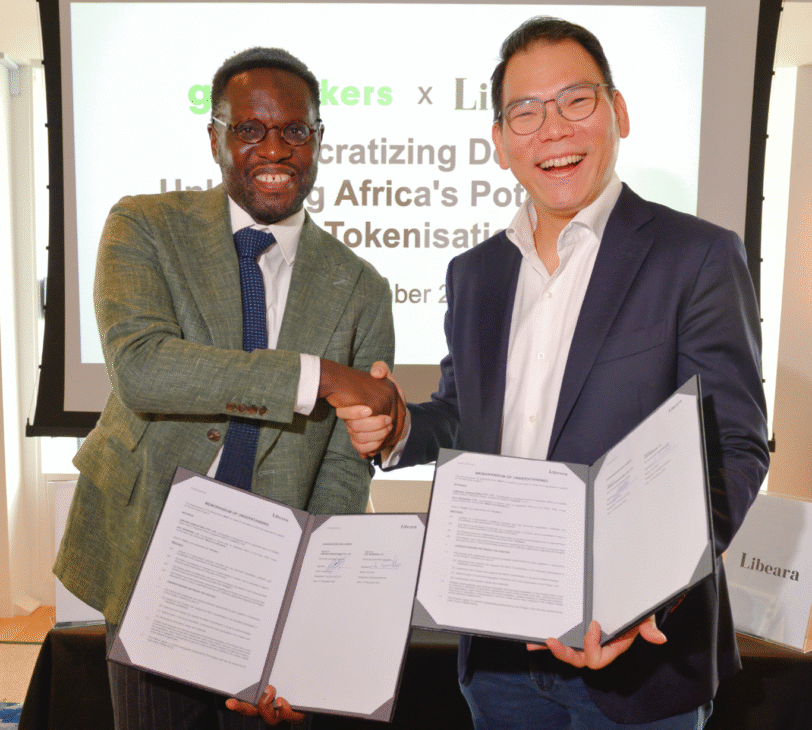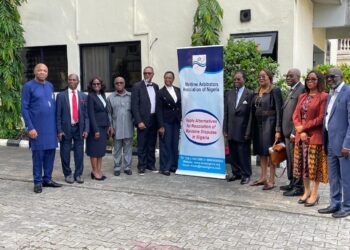The Nigerian Shippers’ Council (NSC) on Tuesday
warned that the implementation of the automotive policy introduced by the
Jonathan administration in 2013 has the potential of wrecking the operation of
roll-on-roll-off (RORO) terminals in the country.
warned that the implementation of the automotive policy introduced by the
Jonathan administration in 2013 has the potential of wrecking the operation of
roll-on-roll-off (RORO) terminals in the country.
Deputy Director and Head, Public Affairs of the NSC,
Mr. Ignatius Nweke gave this warning in Lagos on Tuesday at a Town Hall Meeting
organised by Ships & Ports Communication Company to discuss implementation
of the contentious policy.
Mr. Ignatius Nweke gave this warning in Lagos on Tuesday at a Town Hall Meeting
organised by Ships & Ports Communication Company to discuss implementation
of the contentious policy.
“A word of caution and advice to NAC (National
Automotive Council) because when you have a policy that is coming in and there
are other policies that have been in existence, one needs to tread with
caution.
Automotive Council) because when you have a policy that is coming in and there
are other policies that have been in existence, one needs to tread with
caution.
“We need to understand what is on ground and
gradually launch ourselves into the programme taking into consideration that
some years back we went into port concessioning and some concessions were given
to some ports in the area of the cargo that will come into such port and if you
go up and say okay, fine, there are certain things in terms of importation and
duties that will stop such cargoes coming in, the return on investment will be
affected; the economy equally will be affected.
gradually launch ourselves into the programme taking into consideration that
some years back we went into port concessioning and some concessions were given
to some ports in the area of the cargo that will come into such port and if you
go up and say okay, fine, there are certain things in terms of importation and
duties that will stop such cargoes coming in, the return on investment will be
affected; the economy equally will be affected.
“So I advise, Nigerian Shippers’ Council
equally advises, that we go into wide consultation with stakeholders. Consult
as much as possible with the stakeholders, freight forwarders, NARTO (National
Association of Road Transport Owners) and all that are required to make this
policy a success,” Nweke said.
equally advises, that we go into wide consultation with stakeholders. Consult
as much as possible with the stakeholders, freight forwarders, NARTO (National
Association of Road Transport Owners) and all that are required to make this
policy a success,” Nweke said.
Several other stakeholders who attended the meeting
cautioned against hasty implementation of the policy.
cautioned against hasty implementation of the policy.
The general consensus was that Nigeria should focus
on areas where it has comparative advantage like the manufacture of tyres.
on areas where it has comparative advantage like the manufacture of tyres.
Stakeholders at the meeting also advised that the
Federal Government should allow auto assembly plants roll out Made-in-Nigeria
vehicles first before applying high duty rates and levies on imported vehicles.
Federal Government should allow auto assembly plants roll out Made-in-Nigeria
vehicles first before applying high duty rates and levies on imported vehicles.
Meanwhile, checks revealed that activities at RORO
terminals in Lagos have practically been grounded with the terminals handling
less than 30% of their installed capacities.
terminals in Lagos have practically been grounded with the terminals handling
less than 30% of their installed capacities.
The drop in cargo volume at the terminals is
attributed to the hike in tariff as a result of the auto policy which has
caused Nigeria to lose more than 60% of its import vehicle volume to the port
of Cotonou.
attributed to the hike in tariff as a result of the auto policy which has
caused Nigeria to lose more than 60% of its import vehicle volume to the port
of Cotonou.


